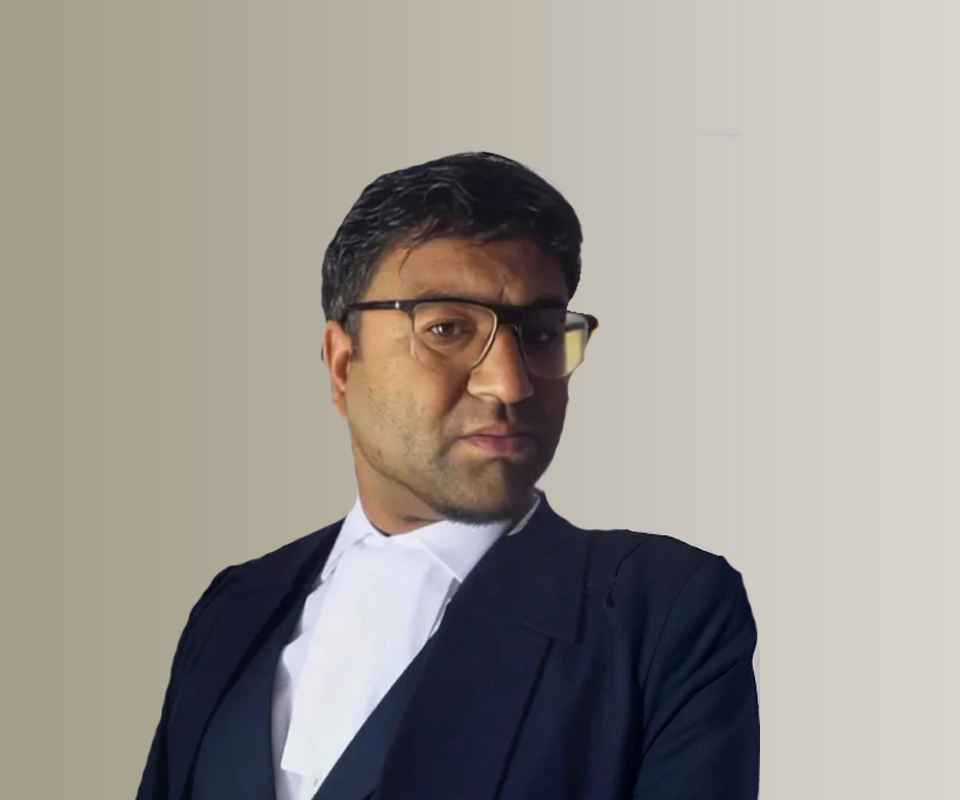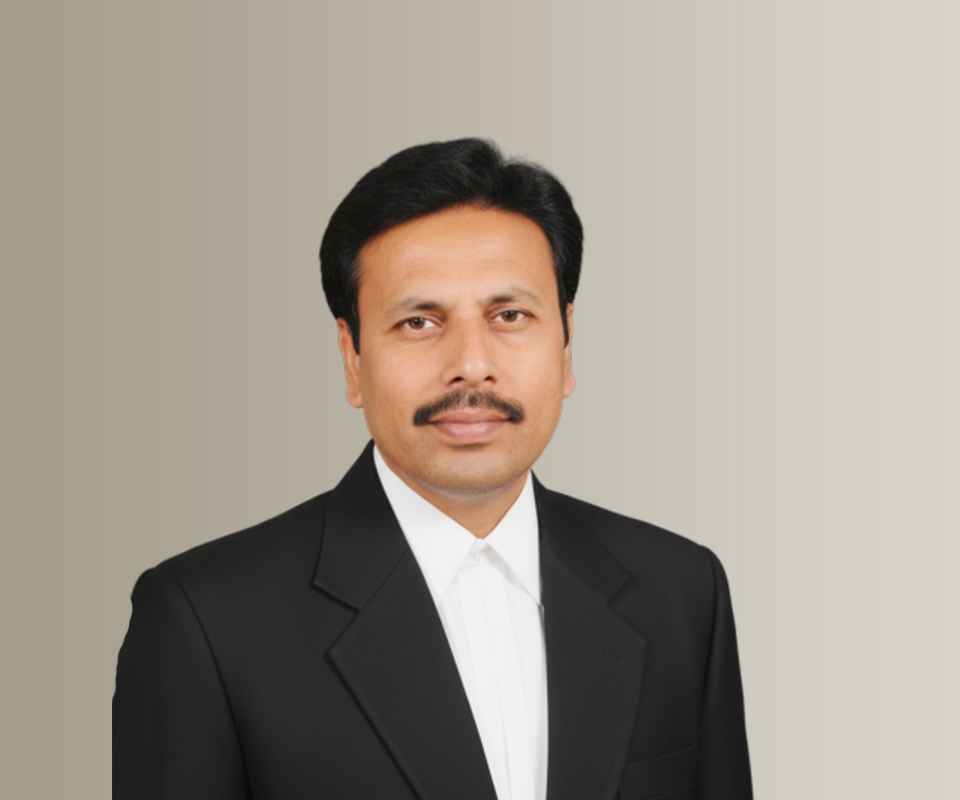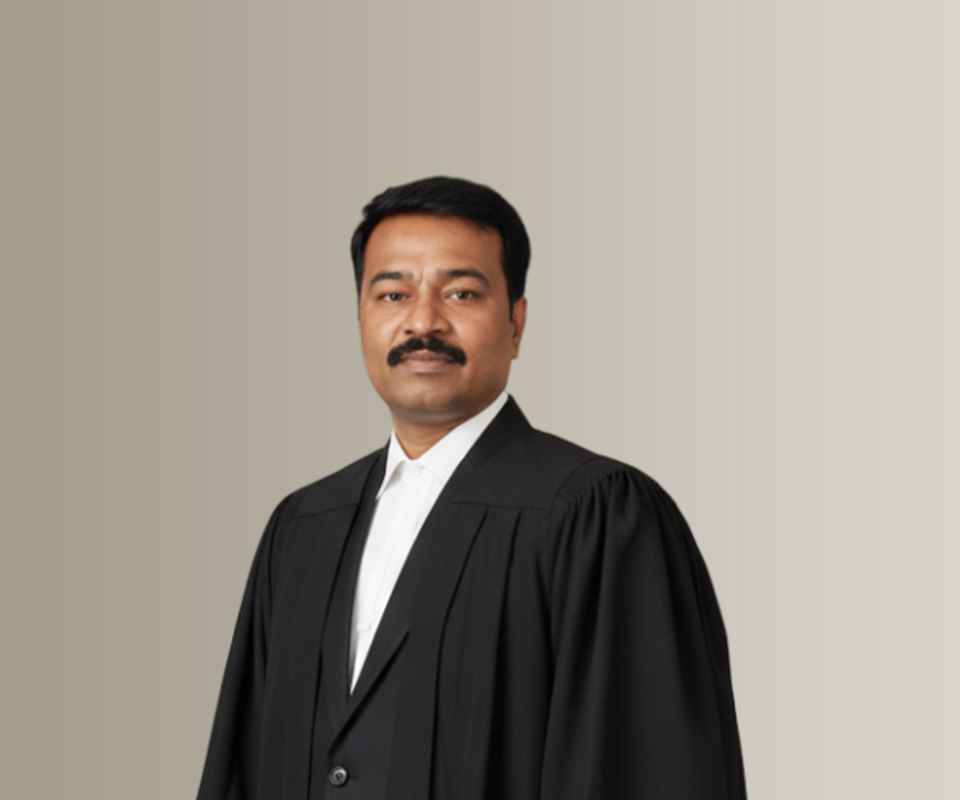Answer By law4u team
Application of the Special Marriage Act to Muslims 1. Overview: - The Special Marriage Act, 1954, provides a legal framework for the registration of marriages between individuals of different religions or those opting for a secular marriage, including Muslims. - It offers a secular alternative to personal laws governing marriage, such as Muslim personal law. 2. Applicability to Muslims: - Muslims can marry under the Special Marriage Act if they choose to avoid religious formalities or if the marriage involves partners from different religions. - The Act applies irrespective of religion, caste, or community, ensuring protection of rights under a civil contract. 3. Key Provisions: - Consent-Based Marriage: The marriage is solemnized by mutual consent without religious rituals. - Notice of Intended Marriage: Parties must give a 30-day notice to the Marriage Registrar of the district where at least one of them has resided. - Objection Process: If there are valid objections during this period, the marriage can be stopped. 4. Effect on Personal Laws: - Once married under the Special Marriage Act, the couple's rights related to divorce, maintenance, inheritance, etc., are governed by the Act rather than Muslim personal law. - Children from such marriages are considered legitimate and have succession rights. 5. Divorce and Maintenance: - Divorce proceedings are conducted under the provisions of the Special Marriage Act, not under Sharia law. - Maintenance and alimony are decided based on secular principles. 6. Reasons for Choosing the Special Marriage Act: - Interfaith marriages where one or both parties are Muslim. - Couples wanting legal protection under a uniform civil code framework.









